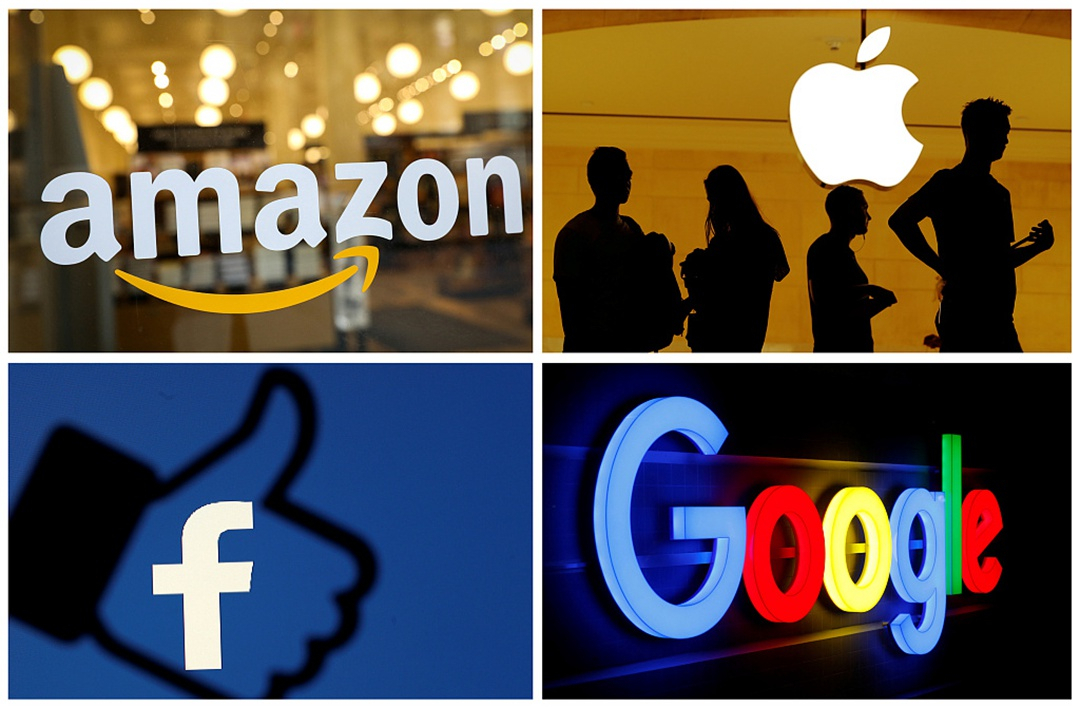The Digital Services Act DSA regulates the obligations of digital services that act as intermediaries in their role of connecting consumers with goods services and content. Adapting commercial and civil law rules for commercial entities operating online.
It will hold companies to higher accountability and oblige them to work harder at limiting the.

Digital services act. To create a safer digital space in which the fundamental rights of all users of digital services are protected. Against this backdrop in December 2020 the European Commission tabled a new legislative proposal on a digital services act to amend the e-Commerce Directive and set higher standards of transparency and accountability to govern the way platform service providers moderate content on advertising and on algorithmic processes. The DSA and DMA have two main goals.
The DSA is an important chance to update the legal responsibilities of platforms and enshrine users rights vis-à-vis the powerful gatekeeper platforms that control much of. In turn the European Parliament has since fervently pushed for. The P2B Regulation is intended to increase transparency for users of online intermediation services ban unfair practices such as sudden or unexplained account suspensions and provide new means to resolve disputes and complaints.
Under the Digital Services Act binding EU-wide obligations will apply to all digital services that connect consumers to goods services or content including new procedures for faster removal of illegal content as well as comprehensive protection for users fundamental rights online. Enter the Digital Services Act. It also creates a stronger public oversight of online platforms in particular for platforms that reach more than 10 of the EUs population.
Legal assessment _____ 175 Annex III Digital s ervices act. The Digital Services Act the DSA aims to modernise and create an EU-wide uniform framework on the handling of illegal or potentially harmful content online the liability of online intermediaries for third party content the protection of users fundamental rights online and bridging the information asymmetries between the online intermediaries and their users. Digital services act.
On 15th December 2020 the European Commission released its highly anticipated proposal for a Digital Services Act DSA ticking one more box of its 2020 to-do list on Europe fit for the digital age. The European Commission proposed two legislative initiatives. The Digital Services Act is timely as European countries have already pushed their own initiatives to regulate online platforms.
The Digital Services Act package is part of the EU Commissions digital strategy aiming to reinforce the Digital Single Market and to realize the full potential of eCommerce. Annex II Digital services act. On 15 December 2020 the European Commission released its Digital Services Act DSA and Digital Markets Act DMA proposals.
The Digital Services Act DSA would introduce new obligations on platforms to reveal information and data to regulators about how their algorithms work how decisions are made to. Frances Senate is currently debating its own hateful content regulation Loi Avia. It will give better protection to consumers and to fundamental rights online establish a powerful transparency and accountability framework for online platforms and lead to fairer and more open digital markets.
The DSA seeks to establish new rules for the digital economy to clarify the liability regime and to provide additional consumer and citizen protections. The DSA intends to build on the rules set out in the e-commerce Directive that has been the cornerstone for digital services regulation in the EU and bring them into the 21st century. The Digital Services Act significantly improves the mechanisms for the removal of illegal content and for the effective protection of users fundamental rights online including the freedom of speech.
Germany blazed the trail of content regulation with the Network Enforcement Act NetzDG in 2017 and is looking to expand provisions. Table of figures. For digital intermediaries with users in the EU the European Commissions proposed Digital Services Act DSA will fundamentally change their responsibilities in relation to illegal content.
Digital Services Act The Digital Services Act focuses on policing illegal material on large platforms. The Digital Services Act. Improving the functioning of the single market _____ 247.
The Digital Services Act has the potential to restore citizens trust online and become a steppingstone to protect EU citizens by requiring that all service providers regardless of their place of establishment abide to certain standards if they want to offer their content goods or services within the European Union. The resolution on Digital Services Act. The Digital Services Act DSA and the Digital Markets Act DMA.
While digital technologies and business models have continued to rapidly develop EU rules for digital services have remained majorly unaltered since the adoption of the Directive in 2000. Adapting commercial and civil law rules for commercial entities operating online calls for more fairness transparency and accountability for digital services content moderation processes ensuring that fundamental rights are respected and guaranteeing independent recourse to judicial redress. However the EU Commission acknowledges the need for broader reform.



